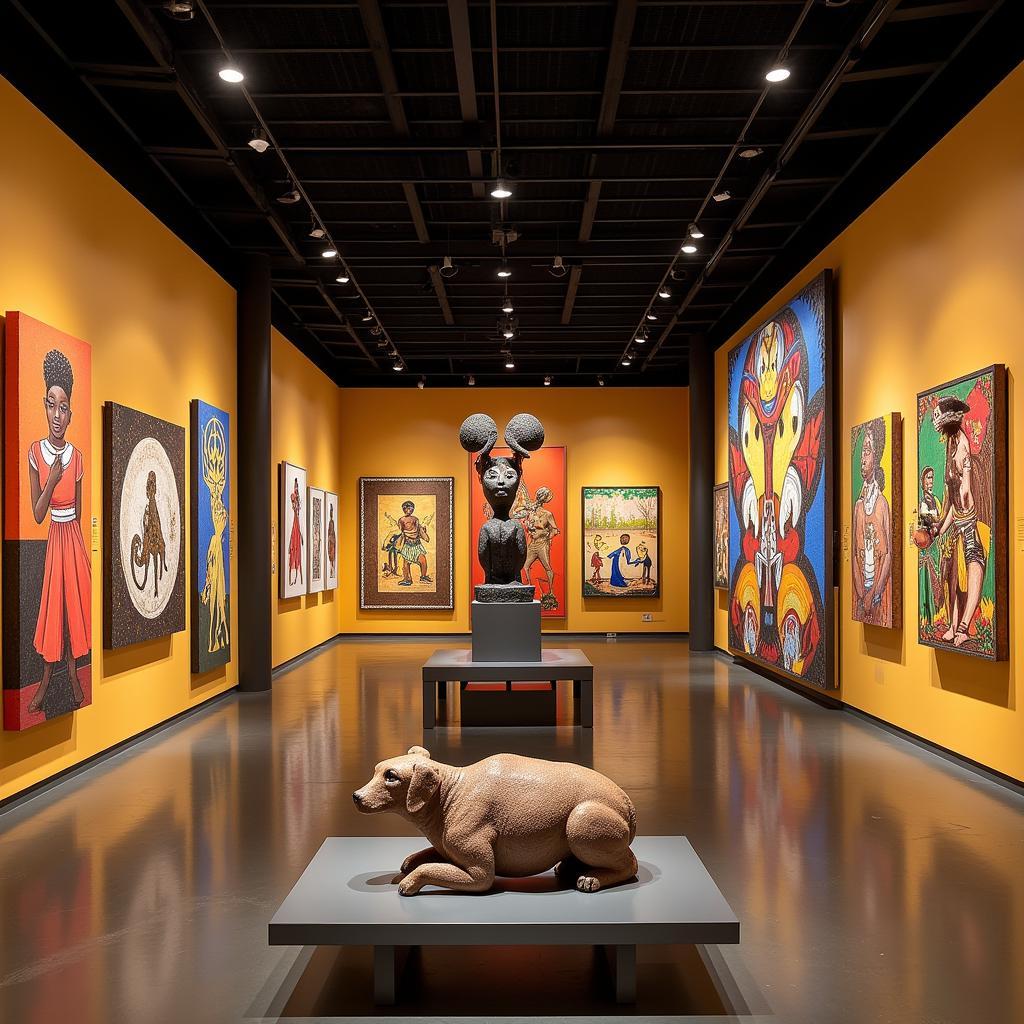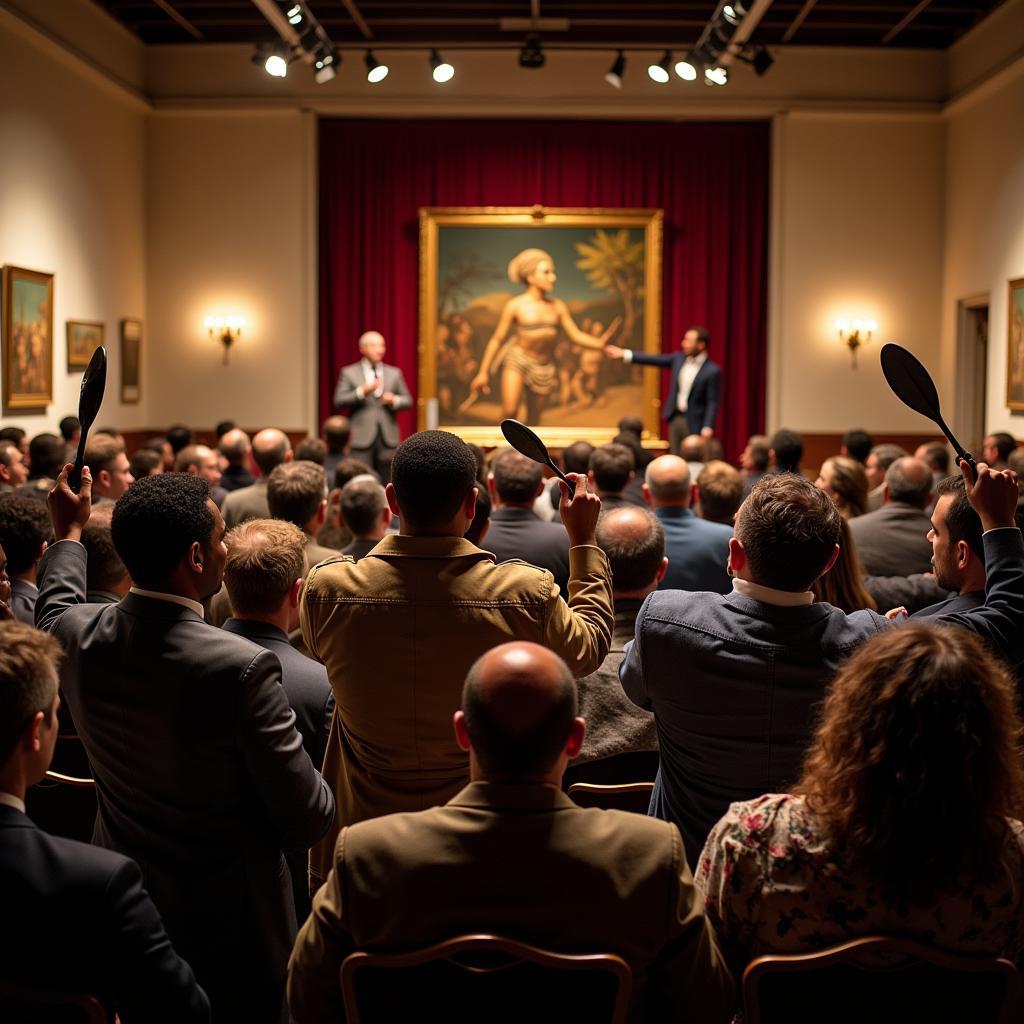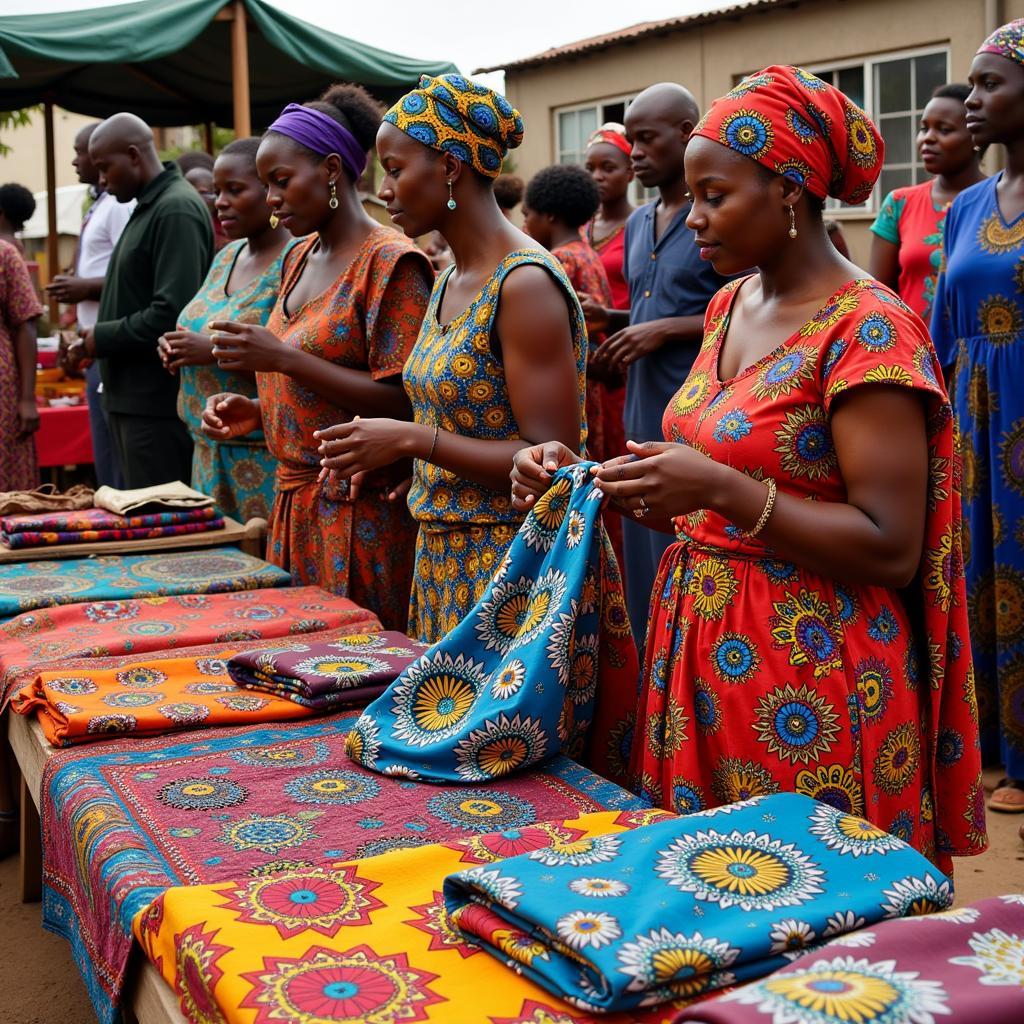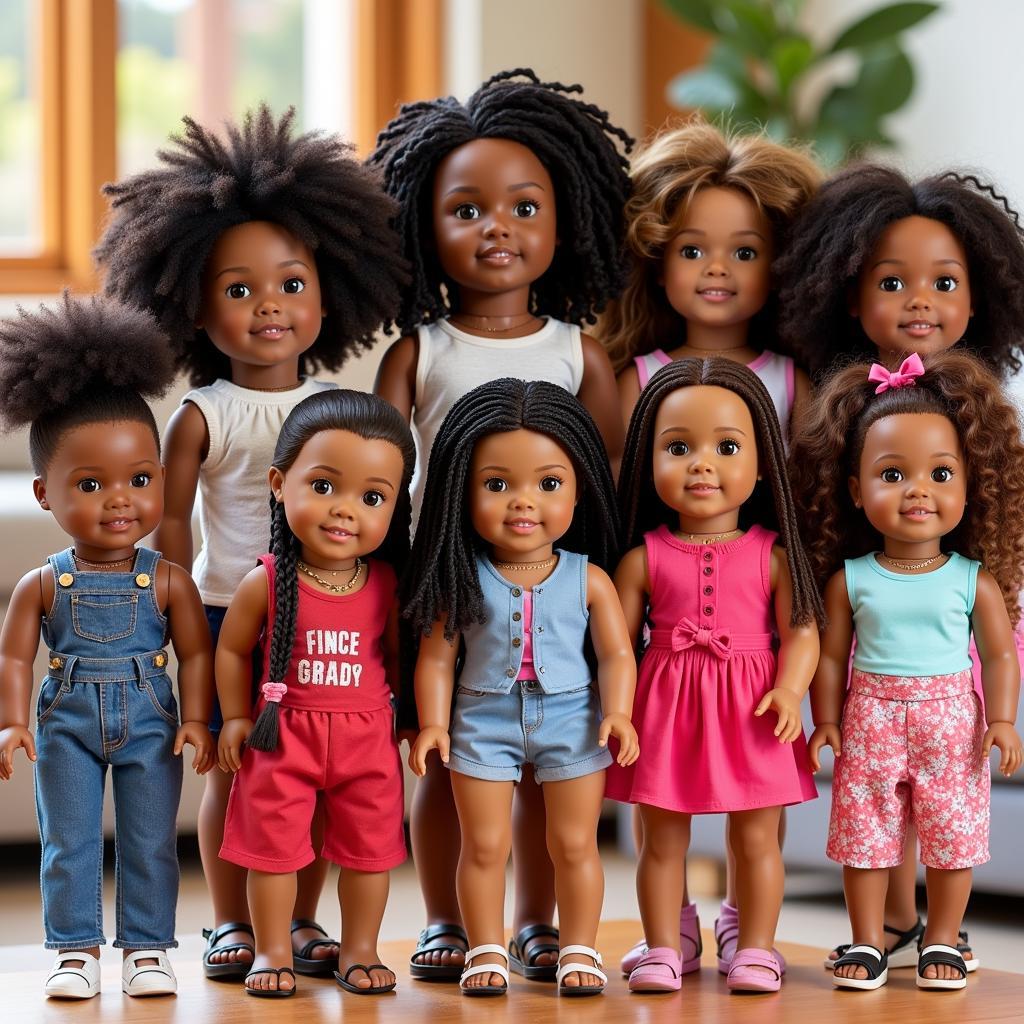Navigating the Vibrant African Art Market
The African Art Market is a captivating world of creativity, cultural heritage, and investment opportunities. With its diverse range of artistic expressions, from traditional masks and sculptures to contemporary paintings and mixed media, the market offers a unique platform to explore and engage with the continent’s rich artistic landscape.
Unveiling the Diversity of African Art
African art is not a monolithic entity but rather a tapestry woven from the artistic traditions of numerous cultures, each with its own unique style, symbolism, and materials.
Traditional Art Forms
Traditional African art encompasses a wide range of forms, often imbued with deep spiritual and societal significance:
- Masks: Used in rituals, ceremonies, and performances, masks represent spirits, ancestors, or mythical beings.
- Sculptures: Crafted from wood, bronze, or ivory, sculptures often depict important figures or embody abstract concepts.
- Textiles: From intricately woven kente cloth to vibrant indigo-dyed fabrics, textiles play a vital role in African culture, both as garments and as ceremonial objects.
Contemporary Expressions
Contemporary African artists are pushing the boundaries of artistic expression, drawing inspiration from both their heritage and global influences:
- Painting: Contemporary African painting is characterized by its bold use of color, expressive brushstrokes, and exploration of social and political themes.
- Sculpture: Artists are experimenting with new materials and techniques, creating sculptures that are both visually striking and conceptually engaging.
- Mixed Media: The fusion of different artistic mediums, such as photography, collage, and found objects, allows artists to explore new forms of visual storytelling.
 African Contemporary Art Exhibition
African Contemporary Art Exhibition
Understanding the African Art Market
The African art market has experienced significant growth in recent years, attracting the attention of collectors, investors, and art enthusiasts worldwide.
Key Players
- Artists: The heart of the market lies in the creativity and talent of African artists.
- Galleries: Galleries play a crucial role in promoting artists, connecting them with buyers, and shaping the market landscape.
- Auction Houses: Auction houses provide a platform for the sale of high-value African art and antiquities.
- Collectors: Private collectors, institutions, and museums contribute significantly to the demand for African art.
Market Trends
- Growing Global Interest: The African art market is attracting increasing global attention, with collectors and institutions recognizing the artistic and investment potential.
- Contemporary Art Boom: Contemporary African art, in particular, is experiencing a surge in popularity, driven by the emergence of talented artists and the growing recognition of their contributions to the global art scene.
- Online Platforms: Online platforms are playing an increasingly important role in connecting buyers and sellers, making African art more accessible to a global audience.
 African Art Auction
African Art Auction
Investing in African Art
Investing in African art can be a rewarding experience, both financially and culturally.
Factors to Consider
- Authenticity: Verifying the authenticity of artwork is crucial before making a purchase.
- Provenance: A clear and documented history of ownership adds value and credibility to an artwork.
- Condition: The physical condition of an artwork directly impacts its value.
- Market Value: Researching comparable sales and consulting with experts can help determine a fair market value.
Tips for New Collectors
- Follow Your Passion: Start by collecting art that you are personally drawn to and that resonates with you.
- Do Your Research: Educate yourself about different artists, styles, and periods.
- Build Relationships: Attend exhibitions, visit galleries, and connect with other collectors and experts.
- Start Small: You don’t need a large budget to start collecting; focus on acquiring quality pieces that you love.
The Cultural Significance of African Art
Beyond its market value, African art holds immense cultural significance.
Preserving Heritage
African art serves as a tangible link to the continent’s rich history, traditions, and beliefs, passing down knowledge and stories across generations.
Promoting Cultural Exchange
The global appreciation for African art fosters cultural exchange and understanding, bridging continents and perspectives.
Empowering Communities
Supporting the African art market can have a positive impact on local communities, providing economic opportunities for artists and artisans.
Conclusion
The African art market is a vibrant and dynamic space where creativity, culture, and investment converge. Whether you are an seasoned collector, a first-time buyer, or simply an admirer of art, exploring the African art market offers a journey of discovery and appreciation for the continent’s rich artistic heritage.
 African Women Selling Traditional Textiles
African Women Selling Traditional Textiles
FAQ
1. What makes African art unique?
African art is distinguished by its diversity, symbolism, and connection to cultural traditions. From traditional masks and sculptures to contemporary paintings, each piece often reflects the history, beliefs, and aesthetics of specific African cultures.
2. Where can I buy authentic African art?
Reputable galleries, auction houses, and online platforms specializing in African art are good places to start. It’s essential to research and verify the authenticity and provenance of any artwork before purchasing.
3. Is African art a good investment?
The African art market has shown significant growth in recent years, and certain pieces have appreciated considerably in value. However, like any investment, it’s essential to conduct thorough research, understand market trends, and consult with experts.
4. How can I learn more about African art?
Visiting museums, attending exhibitions, reading books and articles, and connecting with collectors and experts are great ways to expand your knowledge of African art.
5. What is the role of art in African society?
Art plays a central role in many African societies, often intertwined with rituals, ceremonies, storytelling, and social commentary. It serves as a means of communication, cultural preservation, and expression of identity.
You Might Also Be Interested In:
Need Help? Contact Us!
For any inquiries or assistance regarding African art and culture, please don’t hesitate to reach out to us.
Phone Number: +255768904061
Email: kaka.mag@gmail.com
Address: Mbarali DC Mawindi, Kangaga, Tanzania.
Our dedicated customer support team is available 24/7 to assist you.


